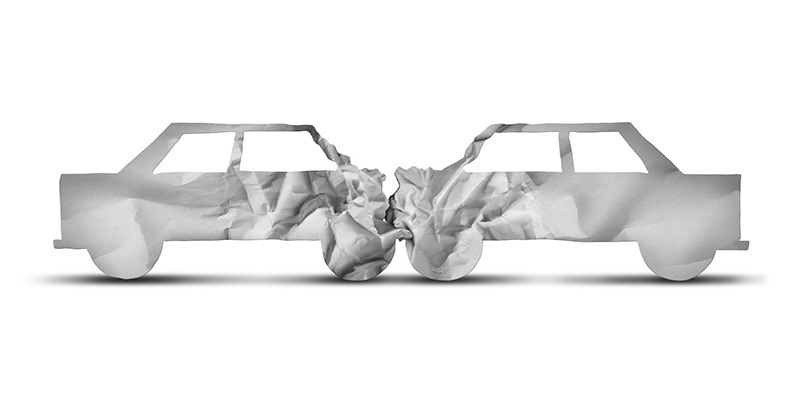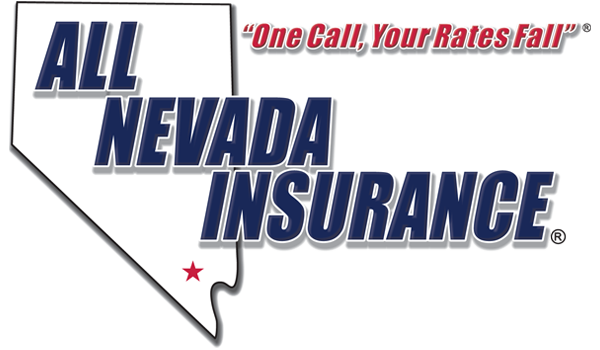
How insurers will determine who is at fault for a car accident.
More than any other factor, your driving record determines rates for your car insurance. Good drivers with a clean history are likely to enjoy lower premiums, while drivers with one or more at-fault accidents must usually pay higher rates for coverage. However, even safe drivers can get involved in a car accident from time to time. With this in mind, it’s important to understand how fault is determined in such cases.
For every crash that happens on U.S. roads, someone is always at fault. Therefore, if you’re involved in a single-vehicle crash, you will automatically be deemed at fault and can expect that mark to stay on your record for many years.
Your insurer will likely determine fault based on the police report of the incident. While there can be exceptions, the general rules of thumb are as follows:
- If you struck another vehicle from behind, you will be deemed at fault, regardless of what the driver did.
- If you collide with a vehicle during a lane change, you’ll be at fault if the other vehicle was in your blind spot or if the vehicle was already in the lane.
- If you ran a red light, stop sign, or other traffic control, you’ll be deemed at fault.
Ultimately, the drivers’ insurance companies will make the final decision regarding their driver’s claim. However, with supporting evidence, you can avoid having to pay out on your insurance when you’re not at fault. When considering your claim, check to see if any traffic laws have been broken – did a driver skip a red light or were they speeding when the road accident occurred? These observations are not always easy to prove and usually require witnesses. However, they can help to determine who was at fault in an accident.
If you’re involved in an accident, car insurance can help. Contact All Nevada Insurance to get started on the right policy to suit your needs, budget, and vehicle!


 Our Locations
Our Locations

